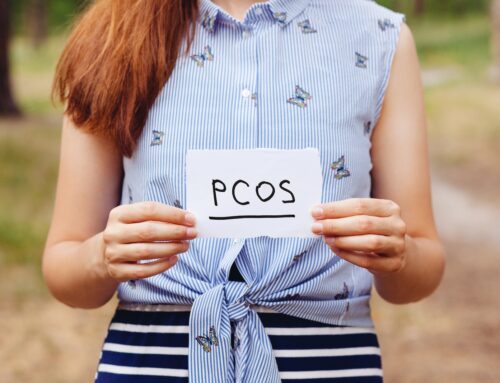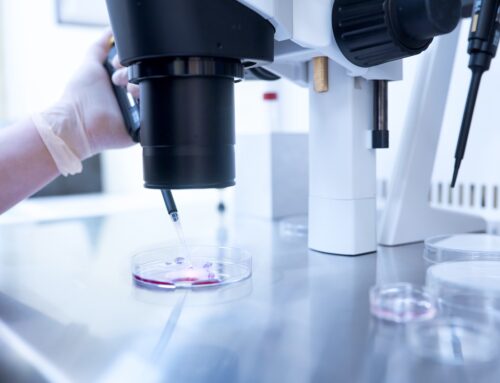Egg donation and birth control: what you need to know
February 17, 2025
Egg donation is an incredible way for selfless donors to help loving intended parents achieve their dreams of starting a family! At Chosen Egg Bank, we know that many of the wonderful people that choose to embark on this journey are bound to have a few questions about egg donation and birth control, and we’re here to help! So, we’ve put together some insightful information regarding birth control and fertility, and what you need to know for a successful and healthy egg donation!
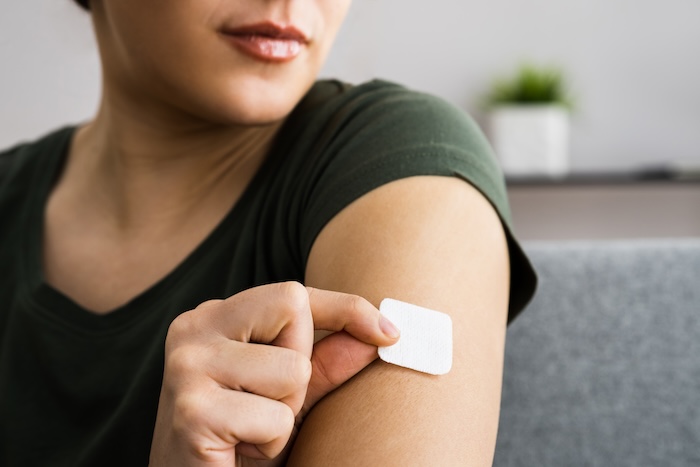
Will birth control affect fertility?
Many people wonder if birth control alters fertility and, therefore, limits the ability to donate eggs. In most cases, that answer is a resounding no! For most methods, birth control creates an inhospitable environment for successful embryo implantation or otherwise suppresses fertility temporarily. That means that birth control generally does not create any long-term fertility problems. Depending on the birth control method, most women can return to their natural fertility rather quickly after stopping use — often within a few months!
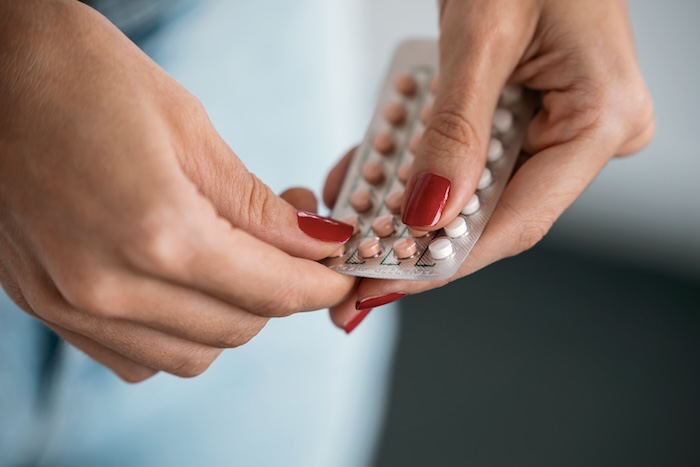
How does birth control affect egg donation?
When it comes to egg donation, birth control actually plays a very important role in the process — but not in the way you might expect. Egg donors are often placed on birth control pills before starting an egg retrieval cycle. This is done for several reasons, including:
- Cycle regulation and synchronization: Birth control pills are often used to regulate a donor’s menstrual cycle, ensuring that the egg retrieval occurs at the most optimal time in the cycle. For fresh egg donation cycles, this also means that donors can sync with the intended mother who will receive her eggs.
- Suppressing natural ovulation: The birth control pills suppress ovulation, allowing the fertility specialists to control the timing of ovulation during the egg retrieval process.
- Stabilizing hormone levels: Birth control helps stabilize hormone levels, making it easier to stimulate the ovaries with fertility medications.
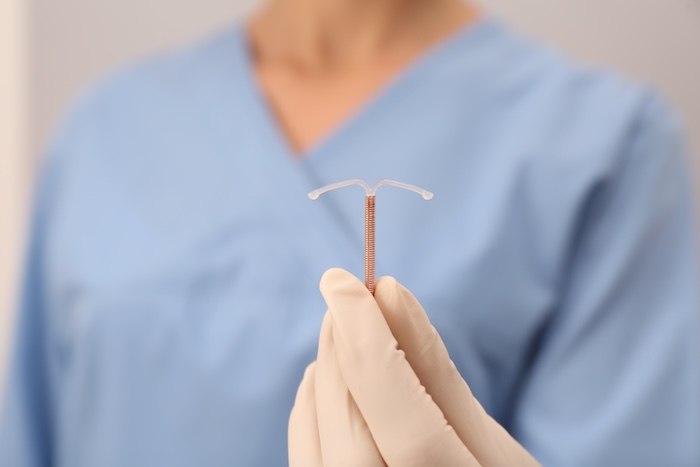
Do egg donors need to stop birth control?
While not all birth control methods need to be stopped to participate in egg donation, some hormonal methods can interfere with the process. Here’s an overview of a few common birth control methods and what to expect:
- Pills: For egg donors already on birth control pills, our medical team will work with you to determine if you can continue your current pills or if you will need to switch to a different kind for the start of the cycle. However, the pills will need to be stopped (temporarily) once ovarian stimulation starts.
- IUDs: While non-hormonal IUDs usually can stay in place during an egg donation cycle, hormonal IUDs may need to be removed before a donor can begin their cycle.
- Patches and Vaginal Rings: These methods must be stopped prior to starting an egg donation cycle.
- Injections: Birth control shots must be stopped six months before an egg donation cycle. Donors will need to have at least two normal periods before being cleared to donate.
- Implants: Arm implants need to be removed before an egg donation cycle can start. Much like with injections, donors need to have at least two normal periods before they can donate.
- Tubal Ligation: If you’re a prospective egg donor who has had their “tubes tied,” we’ve got good news — this procedure does not impact egg donation at all!
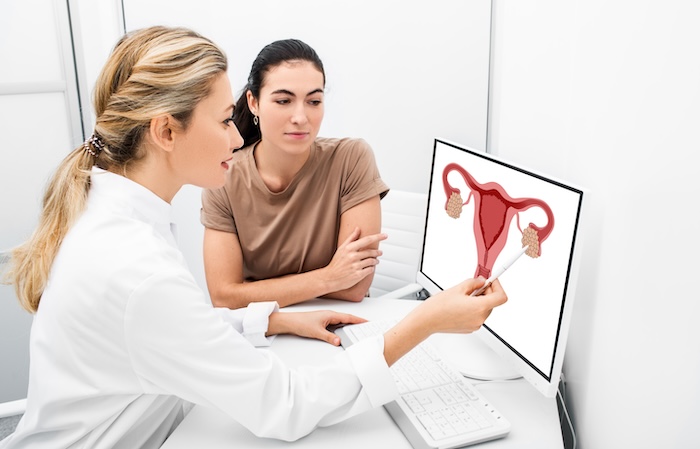
At Chosen Egg Bank, we’re here to help our donors and intended parents at every step of their journeys. That means, our specialists can work with you to create the best plan for starting or stopping birth control methods, if necessary. If you have further questions or would like to learn more about the relationship between fertility, birth control and egg donation, feel free to reach out to one of our experts! If you’re ready to get started, visit our website to learn how to become a donor or head to our donor database to find the perfect match for you!


